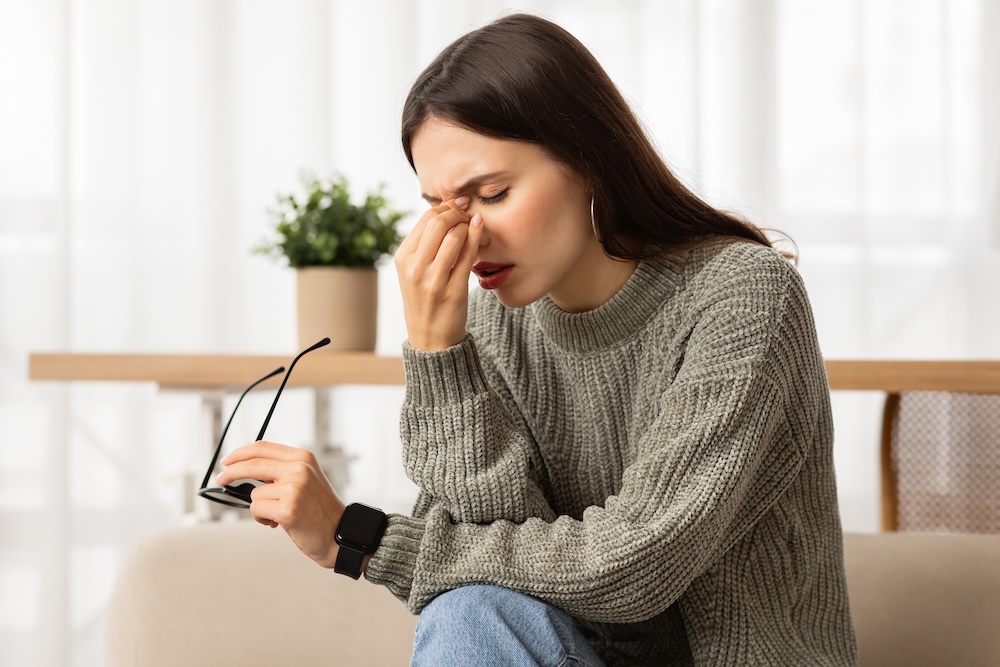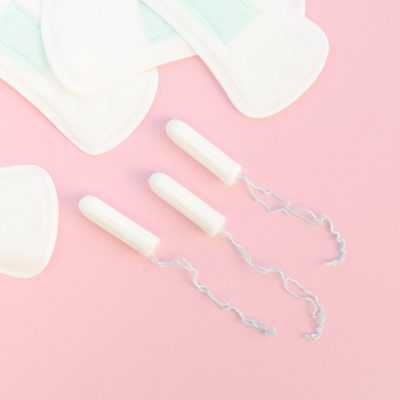News
How Can Women Manage Stress Effectively?
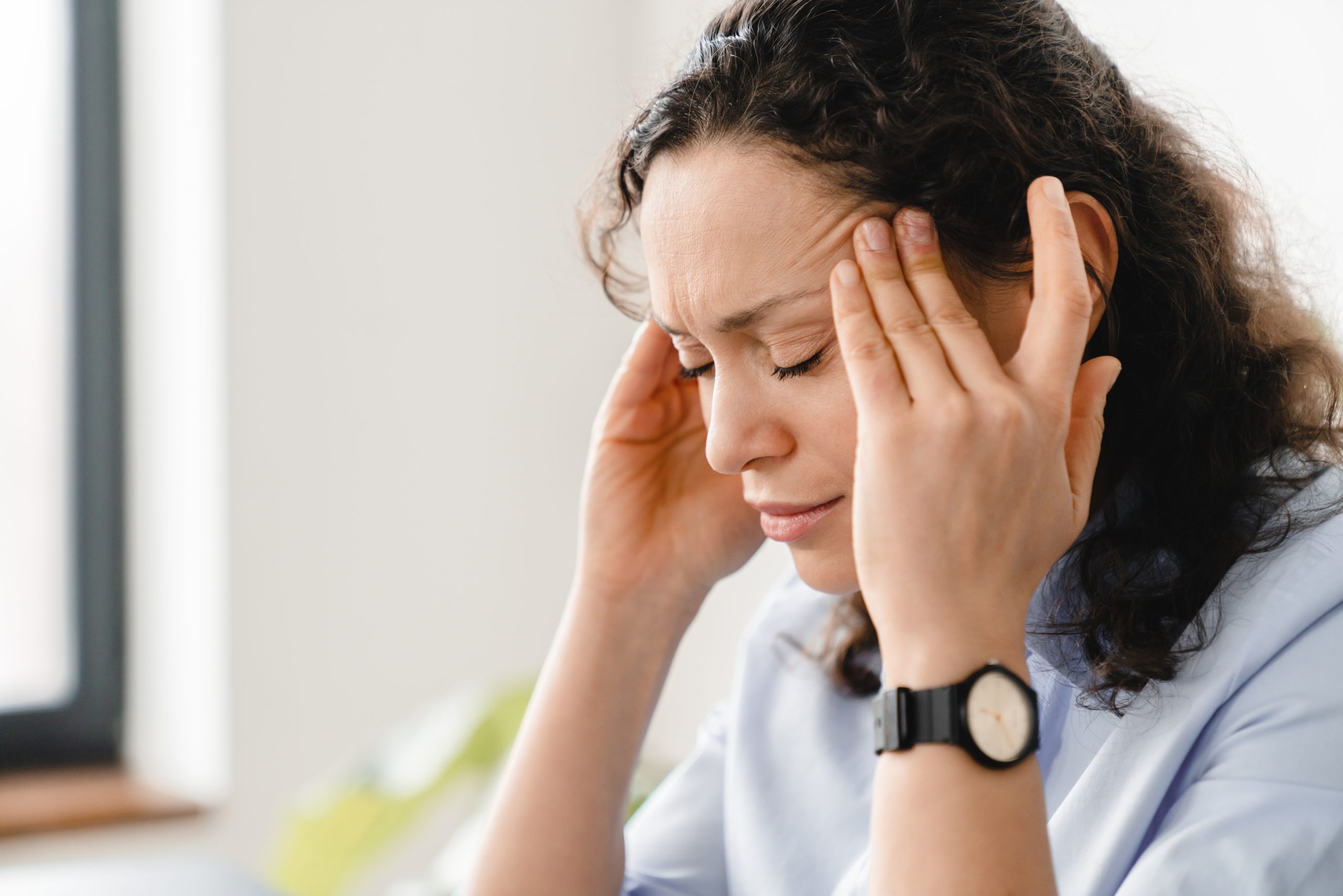
Stress has a way of showing up uninvited. One minute, you’re handling life just fine, and the next, your brain is running a marathon of to-do lists. Whether it’s work, family, or the general juggle of all your responsibilities, stress doesn’t discriminate — it just piles on.
Too much stress can throw your body off in ways you wouldn’t expect. For example, your sleep may worsen, your digestion can feel off, and your skin can flare up. Even hormonal shifts — like the ones that MENO vaginal moisture supplements can help — often feel worse when stress runs the show.
So, what’s the deal with stress, and how do you stop it from running your life? This article will break it down.
What Is Harmful About Stress?
Stress isn’t all bad. In small doses, it can push you to meet deadlines, sharpen your focus, and even give you a boost of energy. But if it becomes constant, it can start to take a toll on your body and mind.
Chronic stress triggers a flood of cortisol, the hormone that helps your body respond to pressure. Over time, too much of it can lead to exhaustion, hormonal shifts, poor digestion, and even make it harder for your body to recover from everyday wear and tear. Women, in particular, are more likely to feel the effects of long-term stress.
If you’re constantly feeling on edge, dealing with brain fog, experiencing tension headaches, or noticing changes in your appetite or libido, your body may be warning you about your stress.
What Are Some Ways To Manage Stress?
You’ve realized stress is running the show — now what? Managing stress doesn’t have to mean a total lifestyle overhaul. In fact, small shifts can make a significant impact.
Here’s how to help your body and mind stay in sync:
Move Your Body
Exercise is one of the best ways to shake off stress, but that doesn’t mean you need to spend hours at the gym. A short walk, light stretching, or dancing around your kitchen all count! Movement can help release tension, lower stress hormones, and support your mood. Find something that feels good and make it part of your routine.
Set and Stick to Boundaries
If your calendar is packed with things you don’t actually want to do, stress is bound to creep in. Protect your time and learn to say no without over-explaining. Turn off work notifications after hours, and set limits around social media scrolling. The more space you create for yourself, the less drained you might feel.
Get Plenty of Rest
Stress and sleep have a messy relationship. In fact, stress makes it hard to sleep, and not enough sleep makes stress feel worse. Luckily, a solid bedtime routine can help. Try winding down without screens, keeping a consistent schedule, and making your room a stress-free zone.
Support Your Body With the Right Nutrients
Stress burns through essential nutrients like magnesium and B vitamins, both of which help regulate your mood and energy. If stress has been high, focus on whole foods rich in these nutrients, like dark leafy greens, nuts, avocados, and lean proteins. If your diet isn’t cutting it, a quality supplement may help fill the gaps.
Find a Way to Slow Down
You don’t need a full meditation practice or an hour of yoga to reset. Taking just five minutes to step away from the chaos through deep breathing, journaling, or even sitting quietly with a cup of tea can all help signal to your nervous system that it’s okay to relax. The key is to make it a habit, not an afterthought.
Stop Stressing About Stress
Overanalyzing every stressful moment won’t do you any favors. Sometimes, stress is just part of life. The goal isn’t to eliminate it completely but to handle it in a way that doesn’t drain you. Give yourself permission to rest, let go of perfection, and remember that stress is temporary. You’ve got this!
Ready, Set, De-Stress!
Stress is part of life, but it shouldn’t be running the show. If it’s messing with your sleep, mood, or body in ways that don’t seem to let up, it might be time to check in with a doctor. Small changes can make a big impact, but when stress feels unmanageable, you may need professional guidance.
Pay attention to what your body is telling you. Stress might be inevitable, but feeling overwhelmed shouldn’t be. Luckily, you’ve got options, support, and plenty of ways to take back control — one step (or deep breath) at a time.
Diagnosis
Researchers develop nasal therapeutic HPV vaccine

Researchers have created a therapeutic HPV vaccine delivered through the nose that could offer a non-invasive treatment for cervical cancer.
Screening for HPV and preventive vaccines lower risk, but there are no approved therapies for existing HPV infections or HPV-linked cancers.
Current treatments include surgery, radiotherapy and chemotherapy.
Researchers from Chiba University, Japan, led by associate professor Rika Nakahashi-Ouchida and Ms Hiromi Mori of Chiba University Hospital, have developed an intranasal therapeutic option.
Unlike injectable vaccines, nasal vaccines trigger immunity at the mucosal surface — the protective lining of the upper airway.
This mucosal response can also protect distant sites, including the reproductive tract.
Building on earlier work showing nasal immunisation can elicit strong genital-tract responses against herpes simplex virus type 2, the team used cationic nano-sized hydrogel particles (cCHP nanogels) to deliver HPV antigens to nasal tissues.
These positively charged spheres adhere to the negatively charged nasal surface and slowly release antigens, which prompt an immune response.
Nakahashi-Ouchida said: “We have developed an intranasal therapeutic vaccine as a non-surgical alternative to conventional treatments that can compromise women’s quality of life.
“This novel nasal vaccine activates the mucosal homing pathways of lymphocytes, allowing it to trigger an immune response in the cervical mucosa, a site from the nasal administration.”
The formulation targets the E7 oncoprotein from HPV16, which inactivates pRb, a key tumour suppressor.
To strengthen responses, the researchers added cyclic-di-AMP, an adjuvant that boosts T-cell-mediated immunity so T cells can attack infected or cancerous cells.
The resulting cCHP-E7 + c-di-AMP showed what the researchers describe as strong anti-tumour activity in mice and macaques. In mouse models, it significantly slowed tumour growth versus controls.
In macaques, a nasal spray device (usable in humans) delivered four doses.
Vaccinated animals developed high levels of E7-specific helper and killer T cells producing molecules linked to tumour control; controls did not.
Immune activity was detected in cervical tissue, and E7-specific killer T cells persisted for at least four months, suggesting lasting defence.
According to the World Health Organization, cervical cancer caused an estimated 660,000 new cases and 350,000 deaths in 2022.
If proven safe and effective in humans, intranasal therapy could offer a non-invasive, fertility-preserving alternative to surgery for some patients.
The cCHP nanogel platform may also support nasal vaccines against other pathogens and wider clinical uses.
Nakahashi-Ouchida said: “Immunotherapies such as intranasal therapeutic vaccines may help establish a new category of non-invasive treatment.
“These approaches could be extended to recurrence prevention and chronic disease management, offering patients safer and more accessible options.”
Diagnosis
Study reveals why women more likely to get severe long Covid
Opinion
Swimming, periods and finding freedom in my body

By WUKA sports ambassador, Hannah Miley MBE 3x Olympian & Commonwealth champion
I started swimming when I was really young, I just loved being in the water.
The pool quickly became my second home, the place where I felt most like myself. I wasn’t a natural swimmer, but I loved to work hard, and racing gave me that outlet for my competitive side.
There was something about the rhythm of the strokes, the smell of chlorine, and the quiet hum beneath the surface that made me feel free.
I got my first period around age 12, and it was daunting. My body was changing, and I didn’t know what that meant for my swimming.
Wearing a swimsuit every day made me feel exposed, and I just assumed everything I was going through (heavy bleeding that lasted up to two weeks, cramps so bad they left me doubled over) was normal.
There were moments that really knocked my confidence: not realising my tampon string was visible, or climbing out of the pool to find blood running down my leg.
At competitions, I’d sometimes sit on my towel because I’d leaked through.
The heavy bleeding left me anaemic and constantly tired, but I kept pushing through. I wanted to swim at the highest level I could even if it meant battling my body every month.
Competitions & The Pill
I’ll never forget the 2004 Commonwealth Youth Games. My period started mid-competition, and during one race, the cramps hit hard.
Swimming through that pain was frustrating, all that training felt wasted. When I saw my GP back home, I was told the best way to “fix my period problems” was to go on the pill.
Those two words, fix and problems, shaped how I thought about my body for years.
At first, the pill seemed like the perfect solution. No more painful, unpredictable periods! I ran packets back to back to skip bleeds during competitions, thinking I was being smart.
What I didn’t realise was that the seven day break wasn’t a real period at all, it was a withdrawal bleed. I thought I was in control of my cycle, but I was actually masking it.
I didn’t understand how important my hormones were for health, recovery, and performance.
On the surface, everything looked fine. Beneath that, I was struggling. Under-fuelling, getting ill before big meets, and picking up constant shoulder and knee niggles.
But I didn’t connect any of it to my hormonal health. The pill blurred the picture, and for years, I lived in fear of my period returning at the “wrong” time.
Nothing compares to the emotion you feel when you make an Olympic team.

When I realised I had qualified for my first Olympics in 2008, it was surreal the culmination of years of early mornings, long sessions, and relentless dedication.
Standing on the pool deck with “Team GB” on my kit felt like stepping into a dream that little Hannah could only have imagined.
Racing around the world, representing Scotland and Team GB, was the greatest honour of my career.
Each competition taught me more about resilience, discipline, and the incredible things the human body can do when you push it to its limits.
I went on to swim at three Olympic Games, and while each one was different, they all shaped me not just as an athlete, but as a person learning to listen to and respect her body.
It wasn’t until 2020, during lockdown, that I finally came off the pill after more than 15 years. I was speaking to Dr Georgie Bruinvels when she asked a simple but powerful question:
“When was the last time you actually had a period?”
That question stopped me in my tracks. The answer? Not since before I started the pill as a teenager, over 15 years ago.
I learned that I should have taken longer breaks to let my hormones reset after five years.
It was probably mentioned when I first started but at 15 the chances of me remembering were going to be slim. I wished someone had reminded me.
For the first time, I began tuning into my body, tracking my cycle, adjusting my nutrition, and paying attention to the signals I’d ignored for so long. The difference was incredible.
My periods now last about five days, my cramps are mild and manageable, and I finally feel in sync with my body instead of fighting against it. And no little pill to remember to take each day.
The knowledge I have now would’ve been game changing for me as a young athlete.
Finding Freedom Again — This Time, on My Period
WUKA Sports Ambassador
Becoming a WUKA Sports Brand Ambassador felt like everything coming full circle.
To work with a company whose values aligned with my mission, supporting and empowering female athletes was incredible.
As an athlete, I only ever used tampons because I thought that was my only option.
But discovering products like period underwear and period swimwear has completely changed how I feel about my body and my period.

The first time I tried WUKA period pants, I couldn’t believe how comfortable they were. No rustling, no movement, and no fear of leaks. I actually forgot I was wearing them!
And their period swimwear? Game changer. No more worrying about climbing out of the pool and noticing blood running down my leg just confidence and freedom.
I can’t help but think how different my experience as a teenager could have been if products like this had existed then.
They would’ve given me comfort, reassurance, and a sense that my period wasn’t something to hide or fear.
That’s why I’m so passionate about opening up conversations around periods in sport.
For so many young athletes, missing training isn’t an option, but competing while bleeding can be stressful and distracting.
Period-proof swimwear can take away that anxiety — letting you focus on your performance, not your period.
What I’ve Learned
My journey has taught me that periods aren’t a “problem” to be fixed, they’re a natural, powerful part of who we are.
With the right knowledge, support, and tools, we can work with our bodies, not against them.
Period proof swimwear might seem like a small thing, but for a young swimmer, it can mean the world. It can mean the difference between fear and freedom, between shame and Confidence.
Periods are not the enemy of performance.
Ignoring them is.
Find out more about Wuka at wuka.co.uk
-
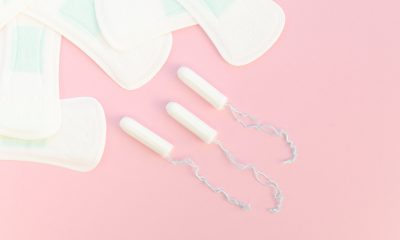
 Diagnosis3 weeks ago
Diagnosis3 weeks agoDozens of women report suffering painful burns after using Always sanitary towels
-

 Insight4 weeks ago
Insight4 weeks agoCutting through the noise in femtech – key takeaways from Women’s Health Week 2025
-

 Entrepreneur3 weeks ago
Entrepreneur3 weeks agoAI embryo selection tool wins European approval
-

 News5 days ago
News5 days agoOpinion: Not ‘just stress’ – How hormonal changes affect women’s brain function
-
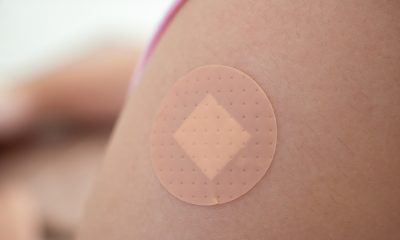
 News3 weeks ago
News3 weeks agoTestosterone patch shows promise for menopausal women
-
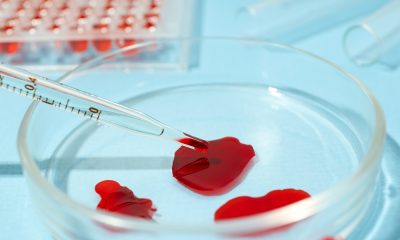
 News4 weeks ago
News4 weeks agoScientists develop breakthrough approach to detecting endometriosis in menstrual blood
-

 Insight2 weeks ago
Insight2 weeks agoFrom SEO to GEO: How women’s health brands can get found in the age of AI
-
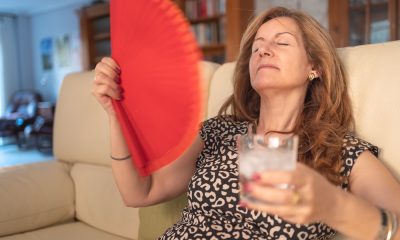
 News3 weeks ago
News3 weeks agoFDA approves new menopause drug to treat hot flashes and night sweats




